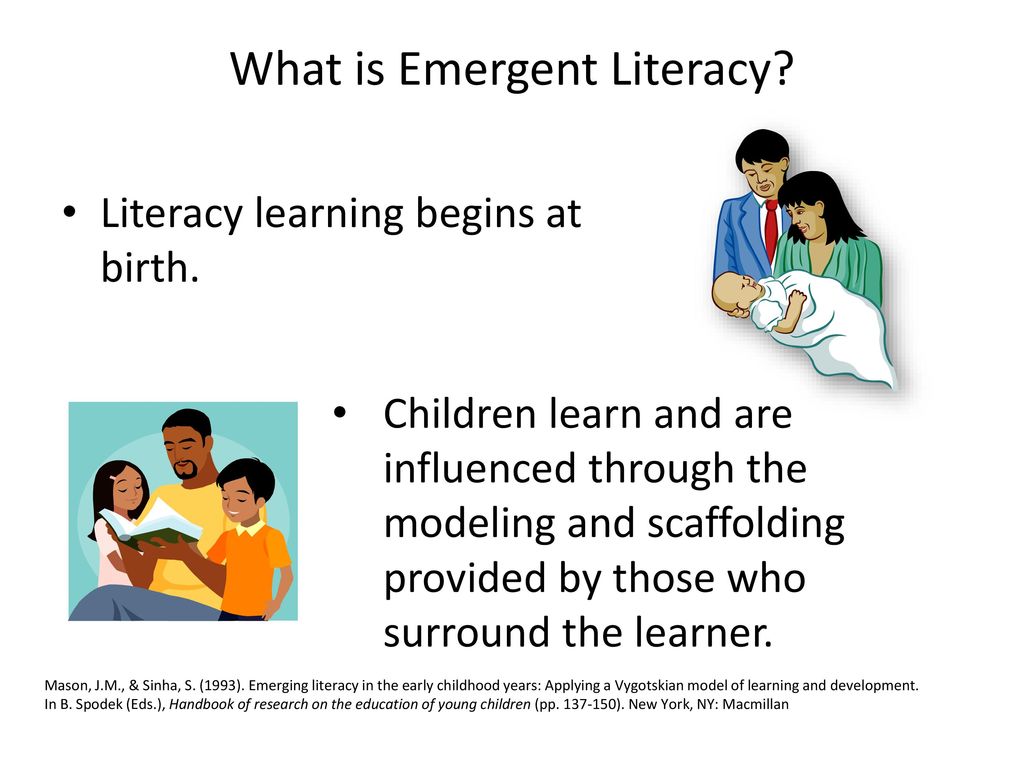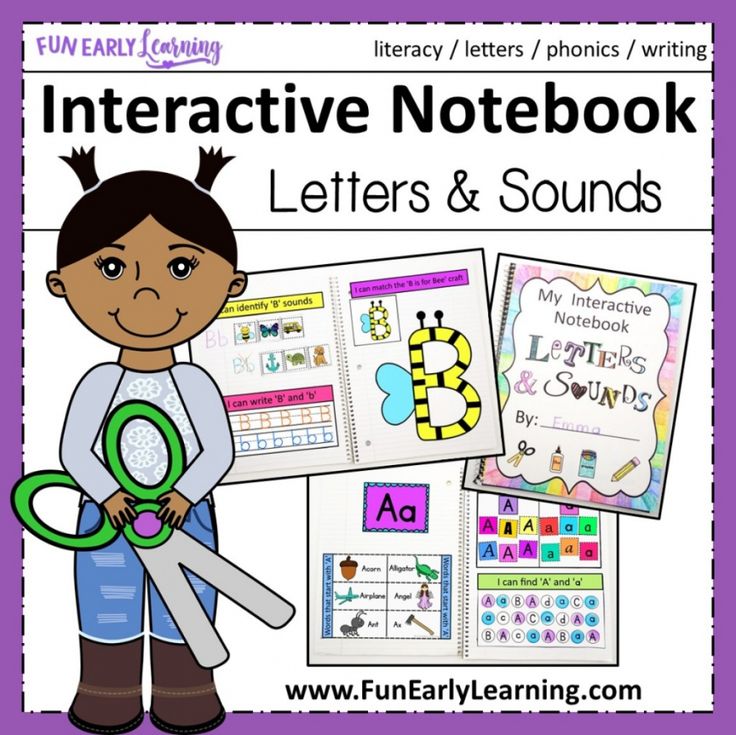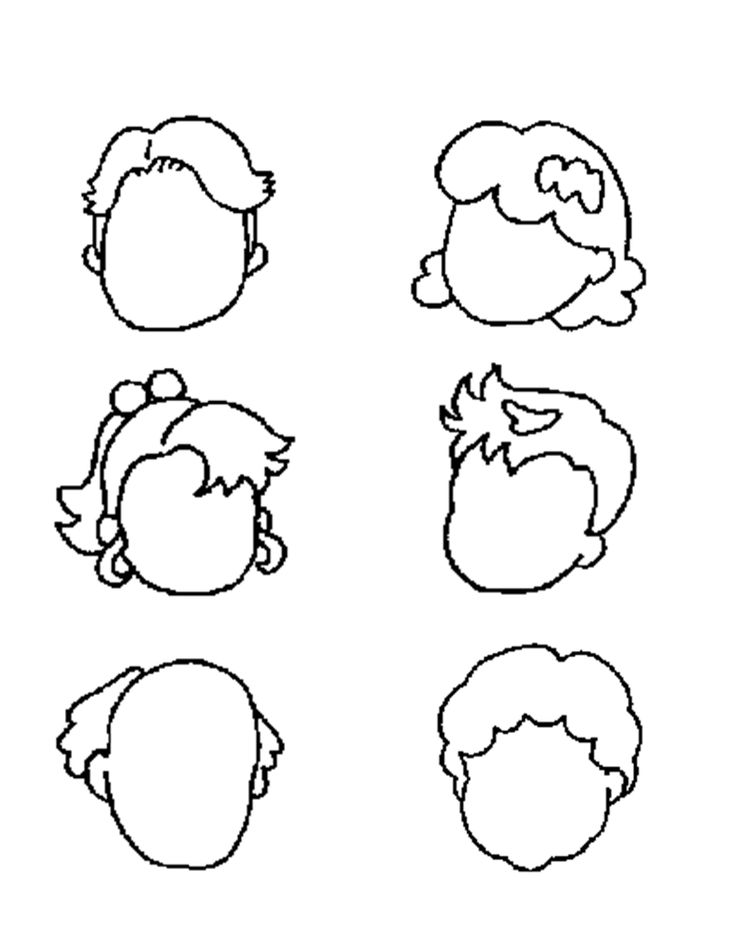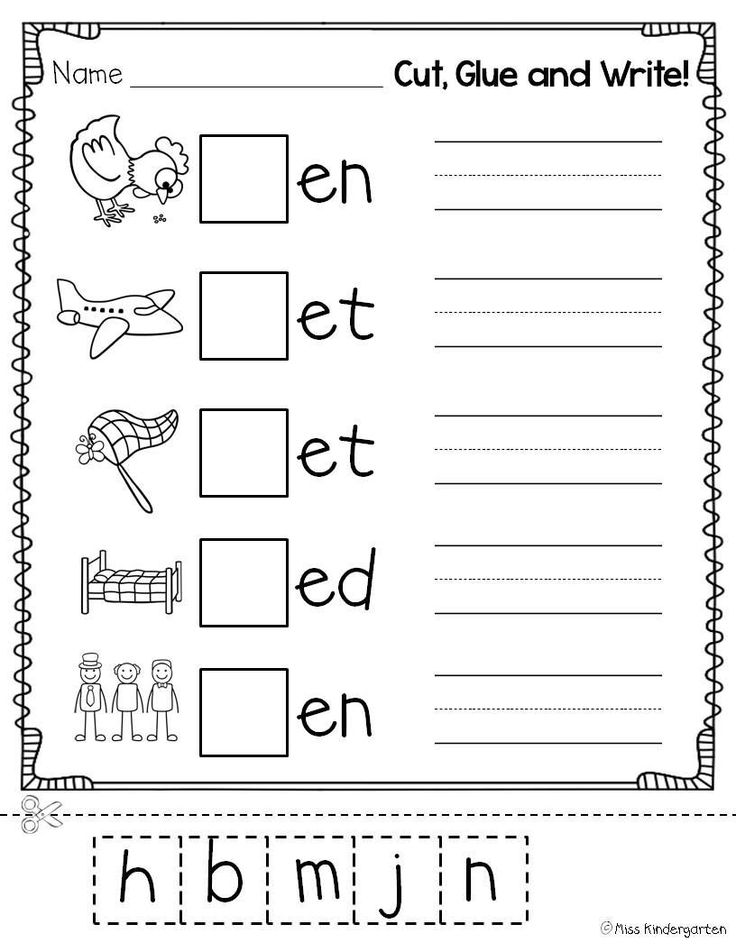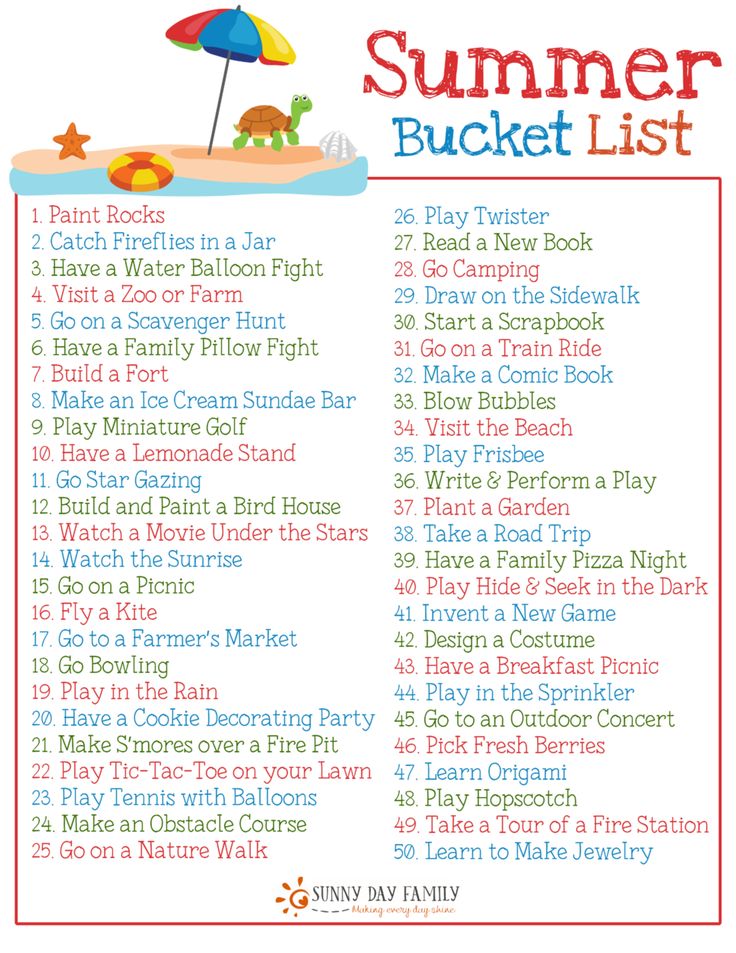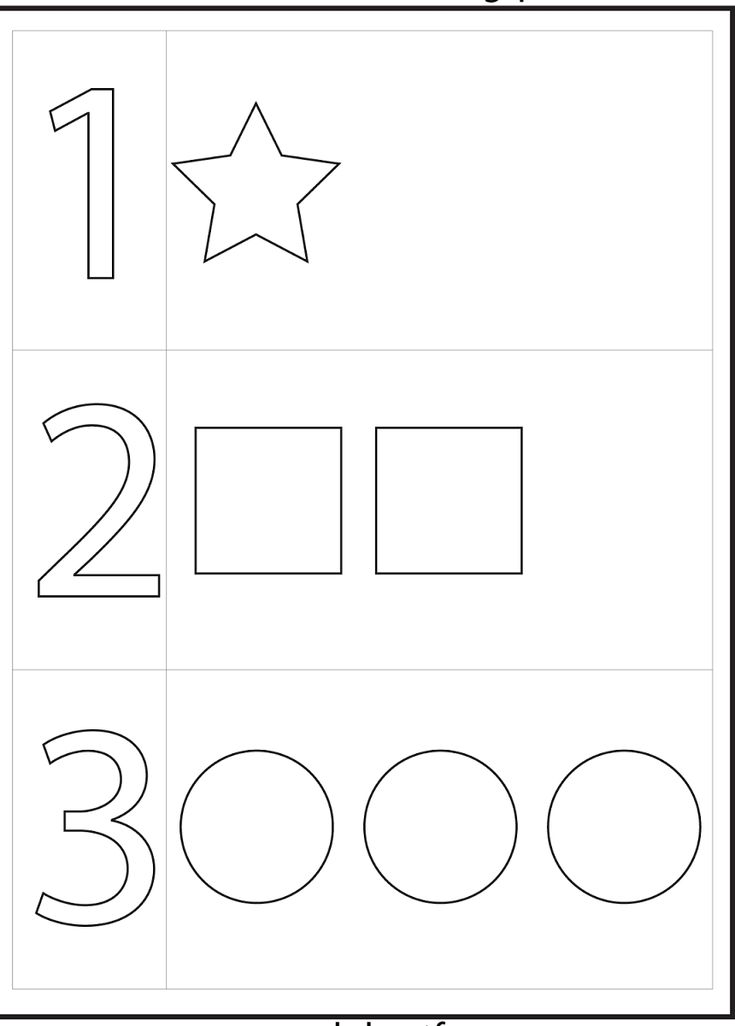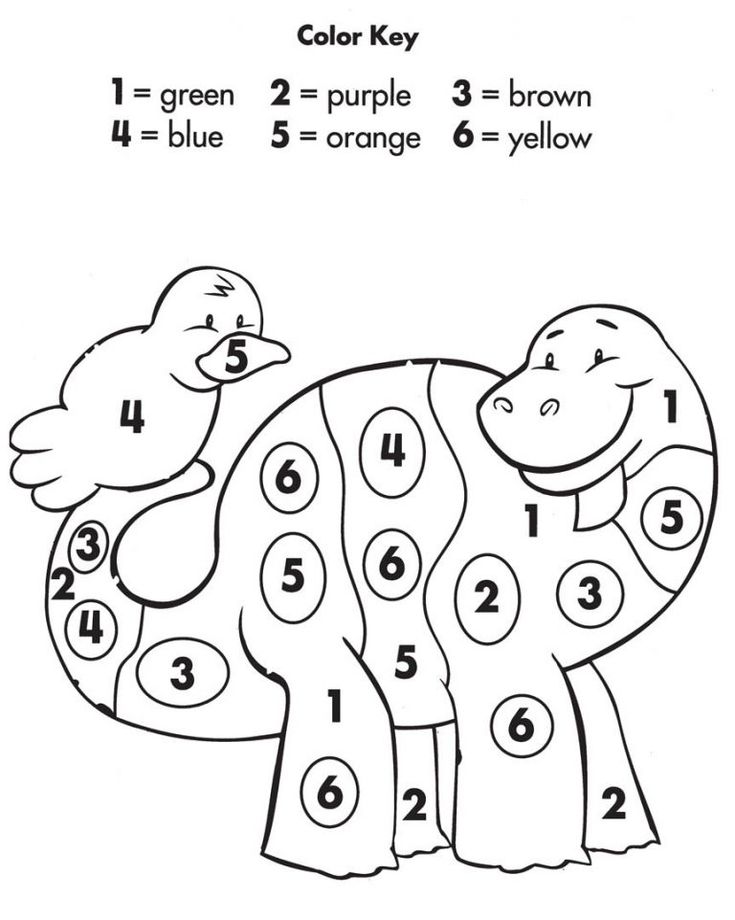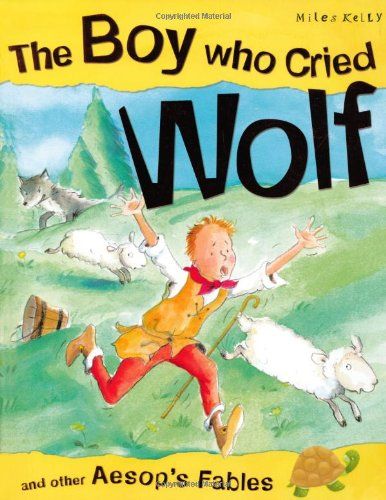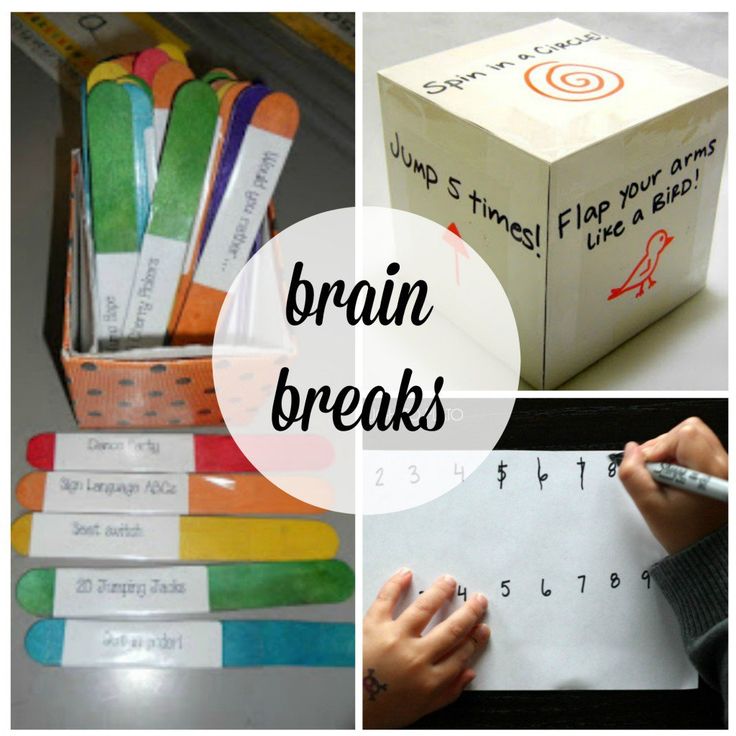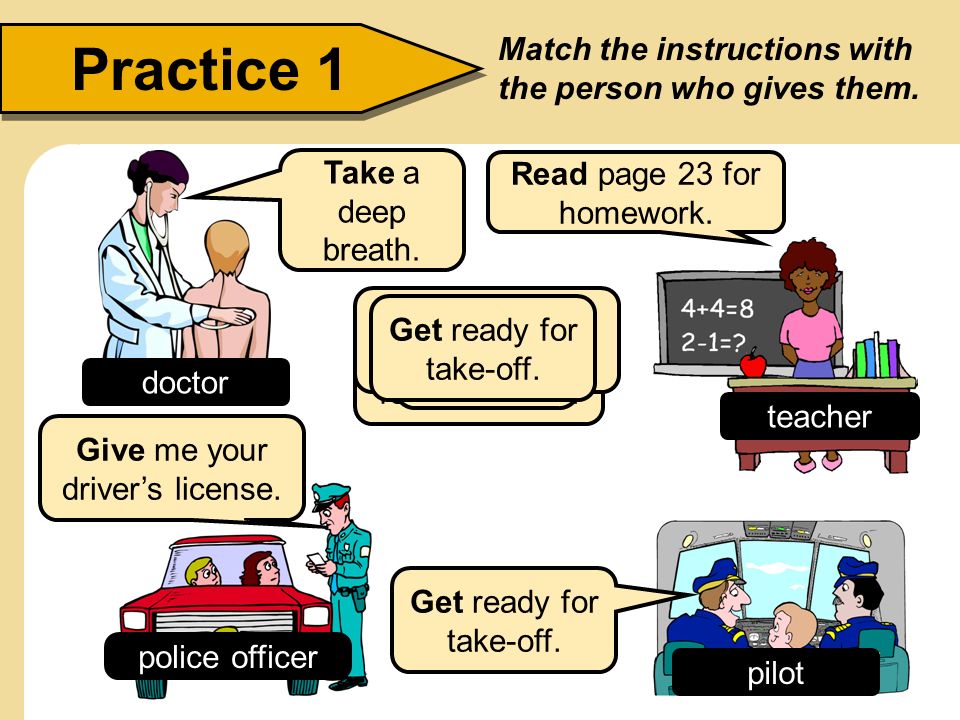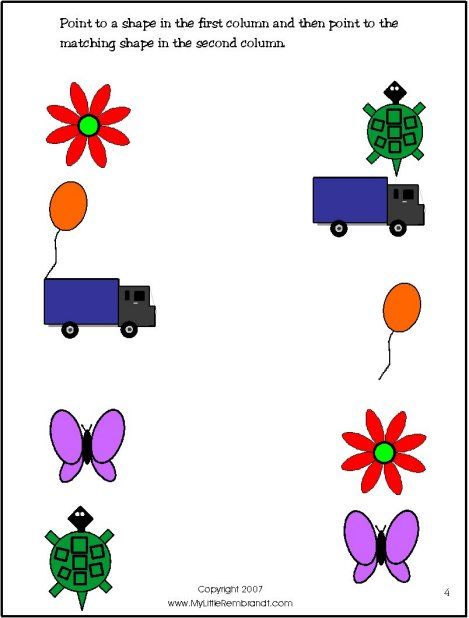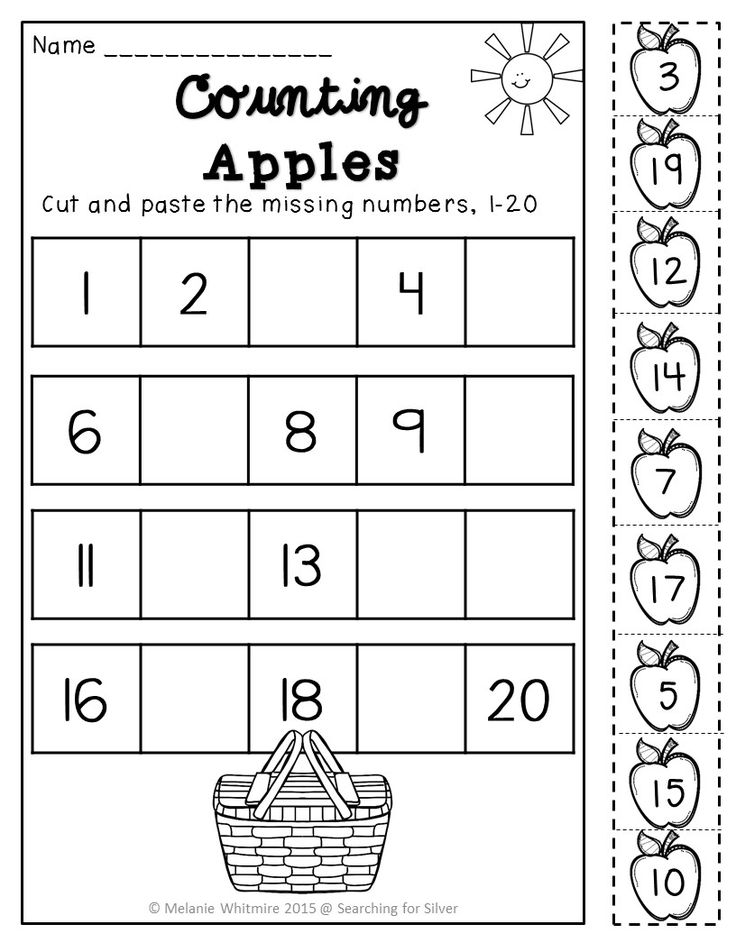Early literacy definition
Early Literacy
Early literacy is what children know about reading and writing before they actually learn to read and write. It is not teaching reading, drilling or using flashcards. Instead, it is laying the foundation, so that your child has the necessary skills when they are developmentally ready to read.
Babies are born ready to learn. Recent research shows that babies are born with billions of brain cells called neurons. The more stimulation a baby receives through its senses, the more pathways develop between brain cells. Young children must develop early literacy skills in order to be successful with formal reading and writing in school. 46% of children in the United States enter kindergarten unprepared. Research shows that children who start behind typically stay behind. Providing young children with opportunities to develop early literacy skills is important to their success in school, their success learning to read, and their success in life.
Enjoy these simple activities with your child anytime and any place throughout the day. Besides being fun, they will help your child get ready to read!
- Talking: Learn language by listening to others talk. Hearing words leads to understanding their meaning as you hear them in context.
- Singing: Songs slow down language and break down the sounds and syllables in words. Practicing rhythm and rhyme help.
- Reading: The single most important way to help children get ready to read is to read together!
- Writing: Connect spoken and printed language. Scribbling counts!
- Playing: Playtime exercises imagination and encourages expression of thoughts.
Most of our children's services librarians have received Early Literacy Training and incorporate exercising these skills with your children during our library programs. These early literacy practices come from Every Child Ready to Read, a project of the American Library Association.
Counting Down To Kindergarten
Learn how to read, write, sing, play and talk with your child to get them ready for kindergarten.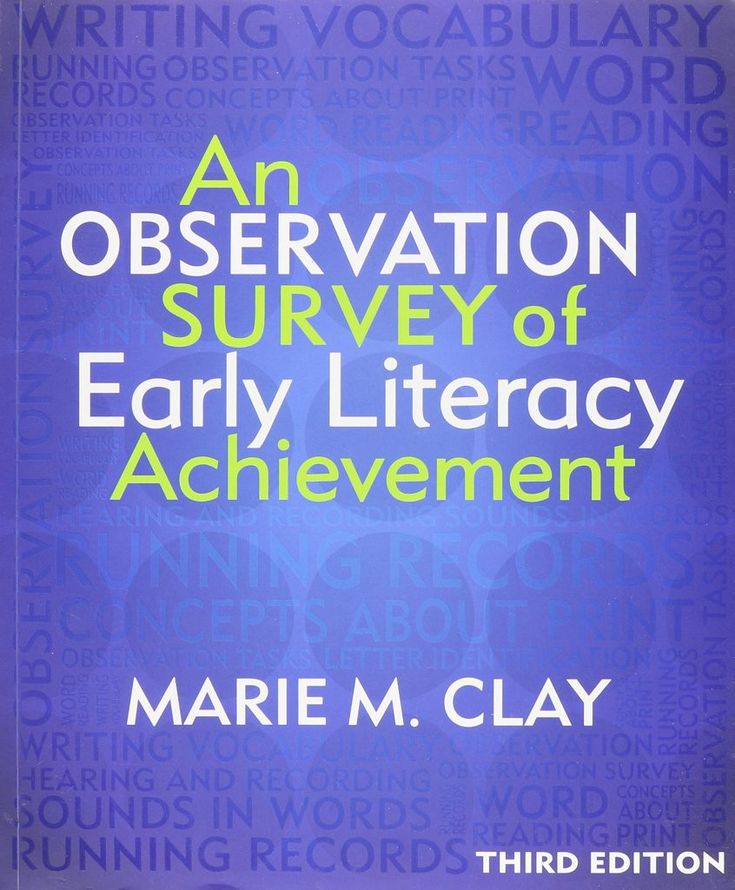
We've created fun printable activity sheets you can download for free that will help you and your child get to know the five Early Literacy Practices.
See the Five Early Literacy Practices in action with our new Early Literacy Videos.
My Little Rhyme Book
View My Little Rhyme Book to learn new songs, practice new rhymes, and play storytime at home!
DOWnload My Little Rhyme Book
Our Children's Librarians have developed several lists of books to help get your child ready to read.
- Books for children that teach early literacy skills
- Books for parents of early readers
- Books that toddlers will love
- 1000 Books Before Kindergarten
What is Early Literacy? | Lexington Public Library
Home » Services » Kids » What is Early Literacy?
Early literacy does not mean teaching young children how to read. Instead, it means helping children develop the skills they will need to become successful readers. Early literacy activities build rich language skills: vocabulary, self-expression, and understanding (comprehension). These skills help children make sense of printed words when they start reading.
Early literacy activities build rich language skills: vocabulary, self-expression, and understanding (comprehension). These skills help children make sense of printed words when they start reading.
Children’s Librarians have identified five early literacy practices that help children get ready to read. Here is a list of the five early literacy practices, and some activities you can do with your child to develop his or her language skills:
Playing | Singing | Reading | Talking | Writing
Playing Children learn how to express themselves when they play. They also discover the meaning of words, and how to tell stories. When they learn new words through play, they will recognize those words in print when they start reading. Learning how to tell stories builds reading comprehension.
- Let your child play dress-up with old clothes, hats, and jewelry.
- Act out favorite stories with stuffed animals or puppets.
- Play with blocks.
 You can pretend you are building castles, skyscrapers, or whatever you like.
You can pretend you are building castles, skyscrapers, or whatever you like.
Singing helps children hear how words can be broken down into smaller parts. This skill will help them sound out words when they start reading on their own. Songs also teach new vocabulary, and introduce new concepts.
- Sing lullabies at bedtime.
- Sing along with children’s CDs. The library has a great selection.
- Many picture books illustrate popular children’s songs. Ask a librarian to help you find books you can sing together.
Reading with your child is one the best ways to help children get ready to read on their own. The language in books is much richer than the language we use every day. This means reading expands your child’s vocabulary. Hearing lots of “rare words” in early childhood will help your child recognize words in print when he or she starts reading. This means he or she will understand what they read.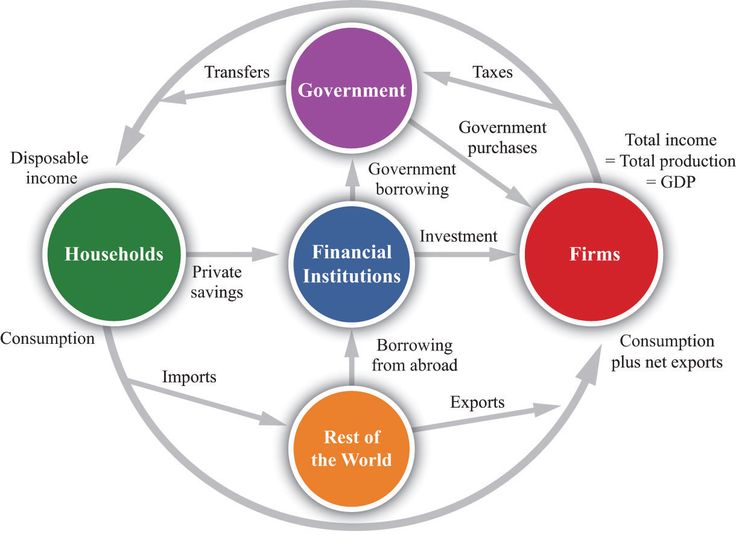
- Read with your child every day!
- Read package labels at the grocery store.
- Point out words and letters as you read to your child.
Talking with your child is one the best ways to develop language and early literacy skills. Conversations help a child express thoughts, learn what words mean, and gain new information about the world. Talking also gives children a rich foundation of knowledge they can apply to their independent reading. The more children know about the world, the more words they will recognize on a printed page or digital screen.
- Ask your child open-ended questions. These are questions that can’t be answered with a simple “yes” or “no.”
- What did you do at the park today?
- What will happen next in our story?
- If your child tells you a word, add more words. If your child says “fire truck,” reply, “Yes, that’s a big, red fire truck. It has a siren on top. The siren makes a loud noise to tell people to get out of the way.
 The fire truck is going to help people.”
The fire truck is going to help people.” - Talk about your daily routines as you do them. For example, “We are going to make dinner. First we get the ingredients out. The ingredients are the things we use to make our food. Then we get the pots, pans, and measuring cups. Can you help me measure the ingredients and put them in the pot?”
Writing activities help children learn letter names and sounds. Writing, or scribbling and drawing, also helps children learn that marks on paper represent spoken language. This knowledge will help them decode words on pages and screens when they start reading.
- Let your child help you write a grocery list.
- Ask your child to draw a picture of everything in his/her room. Help your child write the name of each object in the room.
- Help your child write name tags for his/her stuffed friends.
Literacy and its Impact on Child Development: Comments on Articles Tomblin and Sénéchal
Introduction
The concept of “literacy” has taken center stage in early education only in the last decade.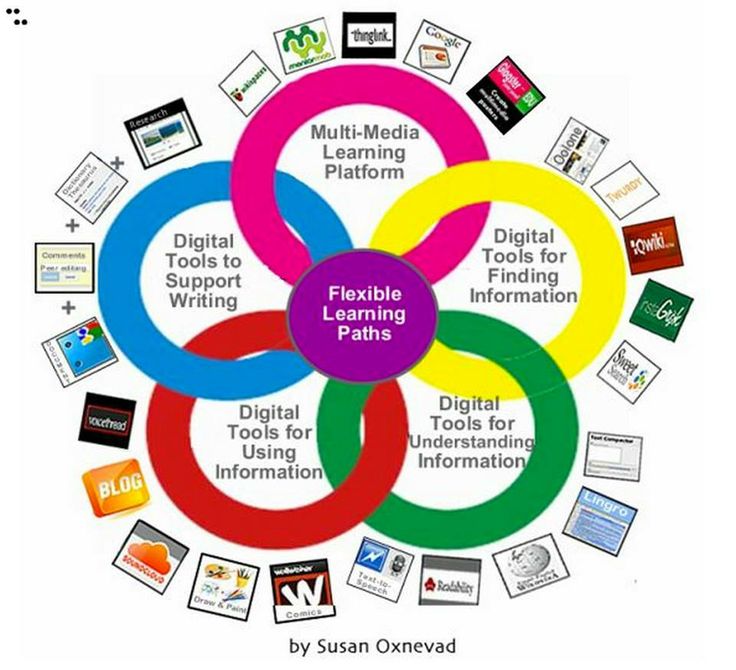 Prior to this, experts rarely considered literacy as a critical aspect of the healthy growth and development of young children. The current level of reading problems among schoolchildren remains unacceptably high. The data show that about 40% of fourth grade students have difficulty reading even at the elementary level, and that there are a disproportionate number of poor children and children from ethnic or racial minorities among children with reading problems. nine0007 1 A paradigm shift over the past decade, spurred by the 1998 publication Prevention of Reading Difficulties in Young Children by the United States National Research Council, has emphasized the importance of early education as a context within which addressing the identified urgent issues is likely to be effective. Early childhood education is the period during which young children develop skills, knowledge and interest in the symbolic and semantic foundations of written and spoken language. In this paper, I interpret these abilities and interests as "pre-literacy" abilities in order to emphasize their role as precursors of traditionally understood literacy.
Prior to this, experts rarely considered literacy as a critical aspect of the healthy growth and development of young children. The current level of reading problems among schoolchildren remains unacceptably high. The data show that about 40% of fourth grade students have difficulty reading even at the elementary level, and that there are a disproportionate number of poor children and children from ethnic or racial minorities among children with reading problems. nine0007 1 A paradigm shift over the past decade, spurred by the 1998 publication Prevention of Reading Difficulties in Young Children by the United States National Research Council, has emphasized the importance of early education as a context within which addressing the identified urgent issues is likely to be effective. Early childhood education is the period during which young children develop skills, knowledge and interest in the symbolic and semantic foundations of written and spoken language. In this paper, I interpret these abilities and interests as "pre-literacy" abilities in order to emphasize their role as precursors of traditionally understood literacy.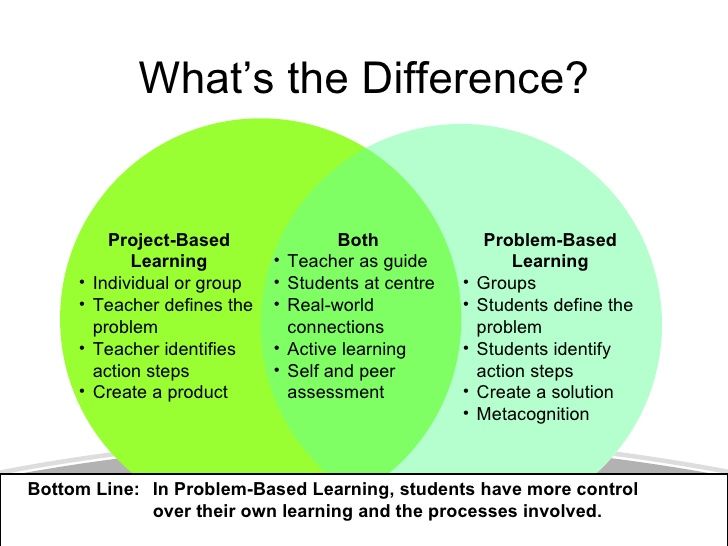 To date, attention to pre-literacy as an integral element of early childhood education stems from two emerging areas of research that show that:
To date, attention to pre-literacy as an integral element of early childhood education stems from two emerging areas of research that show that:
- Individual differences in pre-literacy skills among children are meaningfully important – early-onset differences contribute significantly to longitudinal measures of reading performance; 2
- The prevalence of reading problems is more likely to be affected by prevention than by remedial education, because if a particular child falls behind in reading in primary school, it is more likely that a return to healthy progress will not occur. nine0007 3
Research and findings
Experts Tomblin and Seneschal discuss current and important aspects of the current literature on the development of pre-literacy and its short- and long-term relationships with other age-related competencies. According to my reading of the text of their papers, there are three critical areas that require further development: decoding predictors, the language-literacy relationship, and the role of temperament and motivation.
First, the current cumulative research literature on the development of early literacy skills and the relationship of this development to later reading outcomes identifies three unique predictors of reading competence: phonological processing, knowledge of printed letters and what they are used for, and spoken language. 2 While the first two aspects directly prepare children for acquiring word skills (eg decoding), the third aspect prepares them for text comprehension with little or no effect on decoding. Tomblin aptly points out that reading competence requires both decoding skills and comprehension skills, and the Seneschal emphasizes that children need to first "learn to read" before "reading to learn." It should be understood that the relationship between the two aspects of reading is multiplicative—meaning that both sides of the equation (Decoding x Comprehension = Reading) require any value other than 0 for the reading to be functional. nine0007 4 Both Tomblin and the Seneschal do not emphasize enough the importance of developing early decoding precursors in children. Children will never be able to read to learn (i.e. understand) unless they are able to successfully decode. Children who start learning basic reading with inadequate pre-literacy skills will not be able to keep up with decoding educational information, which will slow down the final transition to reading for the sake of understanding the meaning of what they read. Early education is a period during which educators can almost easily improve children's chances of learning to become a reader by gaining initial alphabetic skills (printing and phonological awareness) that will enable children to benefit from the process of decoding directions while learning. nine0005
Children will never be able to read to learn (i.e. understand) unless they are able to successfully decode. Children who start learning basic reading with inadequate pre-literacy skills will not be able to keep up with decoding educational information, which will slow down the final transition to reading for the sake of understanding the meaning of what they read. Early education is a period during which educators can almost easily improve children's chances of learning to become a reader by gaining initial alphabetic skills (printing and phonological awareness) that will enable children to benefit from the process of decoding directions while learning. nine0005
Second, both Tomblin and Seneschal emphasize the importance of the role of spoken language in literacy development, although they do not emphasize the relationship between literacy and language development. Scholars are increasingly inclined to view the integrative relationship between language and literacy as interdependent.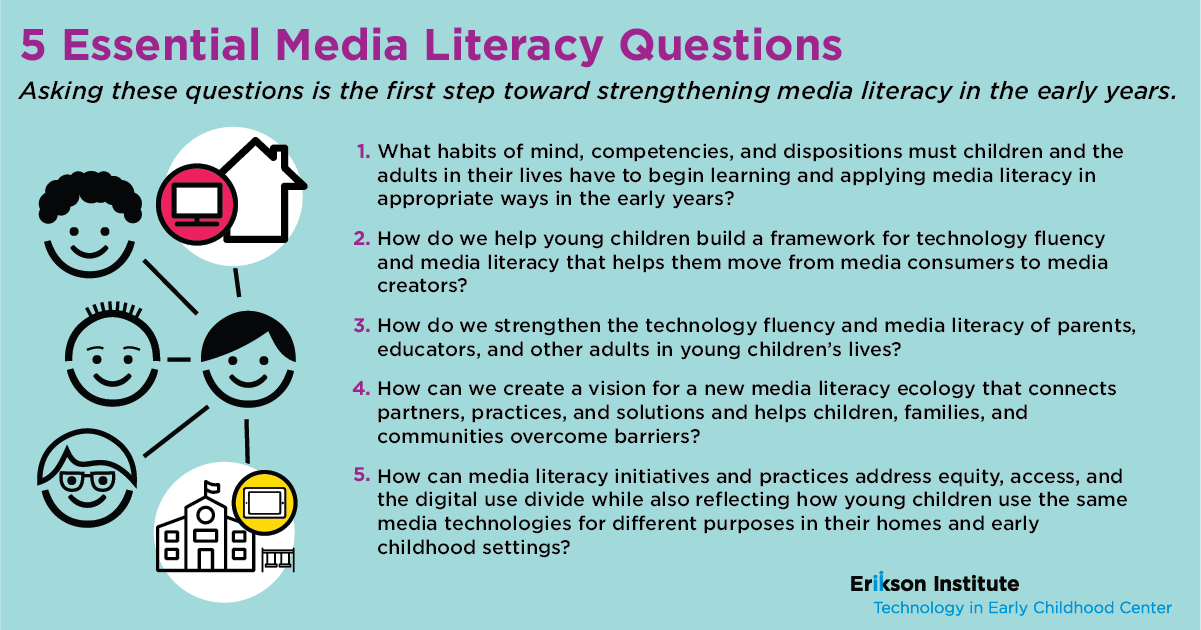 Engaging children in literacy-related activities, such as reading a storybook or listening to rhymes, requires a metalinguistic focus that focuses on spoken or written language. The continuous involvement of children in literacy classes and their growing tendency to consider language as an object of attention are becoming the first routes of language development. Once children begin to read, even at the most elementary level, reading texts becomes the richest source of new words and concepts, complex syntax, and narrative structures that stimulate further language development. In short, literacy is the most important vehicle for the development of language competencies in children, both in the preschool period and during the periods of initial and subsequent schooling. The relationship between language and literacy is more than a one-way street – language provides a platform for the exploration and experiential learning of written language, which in turn shapes children's later language competencies.
Engaging children in literacy-related activities, such as reading a storybook or listening to rhymes, requires a metalinguistic focus that focuses on spoken or written language. The continuous involvement of children in literacy classes and their growing tendency to consider language as an object of attention are becoming the first routes of language development. Once children begin to read, even at the most elementary level, reading texts becomes the richest source of new words and concepts, complex syntax, and narrative structures that stimulate further language development. In short, literacy is the most important vehicle for the development of language competencies in children, both in the preschool period and during the periods of initial and subsequent schooling. The relationship between language and literacy is more than a one-way street – language provides a platform for the exploration and experiential learning of written language, which in turn shapes children's later language competencies.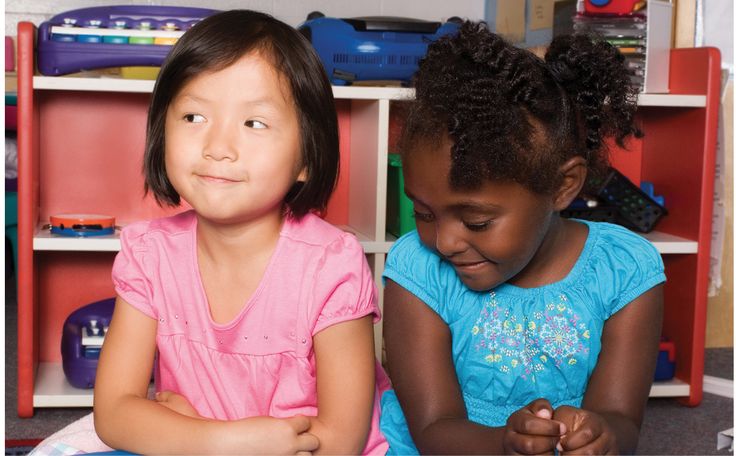 nine0005
nine0005
Third, further consideration needs to be given to the role of temperament and motivation in influencing children's achievement and experience in teaching pre-literacy skills, as Tomblin and Seneschal's findings are insufficient. Tomblin notes overlap between internalizing behaviors (such as anxiety and depression) and literacy difficulties, and Seneschal notes that some children may avoid reading, especially those who feel they do not read well enough. The role of early motivation, self-esteem, and temperament in the development of pre-literacy requires more attention overall, especially when we consider opportunities to stimulate other intrinsic competencies (eg, phonological processing and vocabulary) in prevention programs. Most early education educators know that motivating children to become literate is one of the most important contributions to successful pre-literacy. By trying to experience literacy on their own or in the context of interacting with others, children themselves correct the process of developing pre-literacy! A small, though largely consistent, body of research shows that children's motivation and engagement in literacy activities varies greatly for each child and is relatively related to the individual child's benefit from the activity.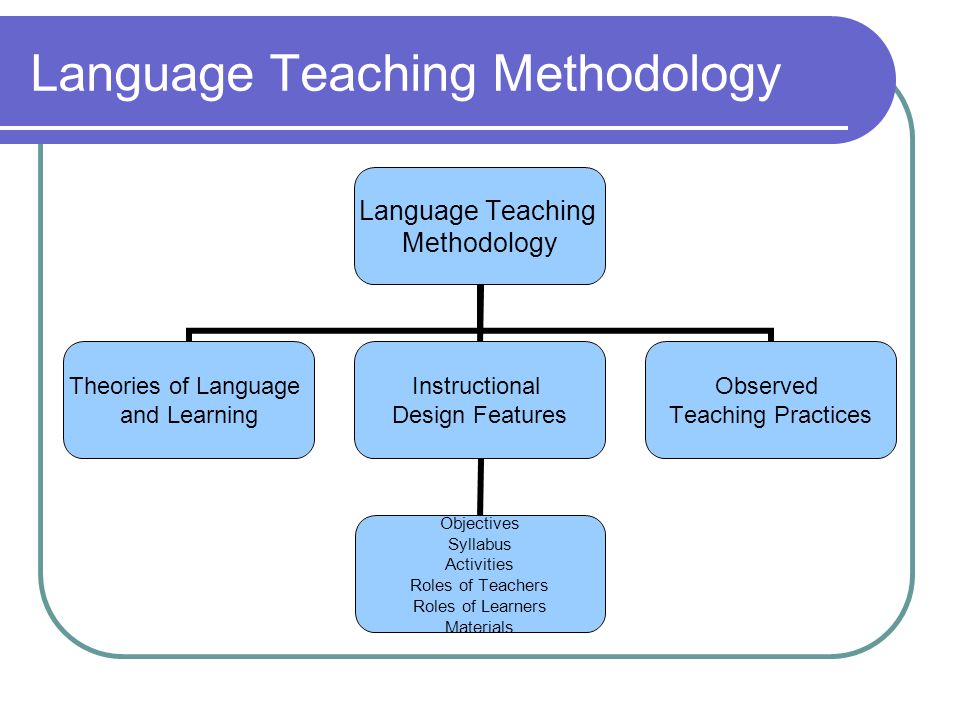 nine0007 5 Some children actively resist pre-literacy experiences, such as reading a storybook, and children with poor language skills or children who do not receive any literacy experiences at home are more likely to resist involvement in development activities. The scientific literature is still unable to explain why some children resist participation in literacy classes and how this resistance generally correlates with the child's temperament. However, approaches to encouraging young children to become involved in literacy activities and motivate them to become literate need to be considered as one of the most important characteristics of developing effective interventions. nine0005
nine0007 5 Some children actively resist pre-literacy experiences, such as reading a storybook, and children with poor language skills or children who do not receive any literacy experiences at home are more likely to resist involvement in development activities. The scientific literature is still unable to explain why some children resist participation in literacy classes and how this resistance generally correlates with the child's temperament. However, approaches to encouraging young children to become involved in literacy activities and motivate them to become literate need to be considered as one of the most important characteristics of developing effective interventions. nine0005
Recommendations for policy makers and services
Modern perspectives for policy makers and services emerge from three scientific findings reported in the literature. First, children with an underdeveloped oral language base will be very vulnerable in the context of acquiring reading competence, which in turn hinders continuous language development.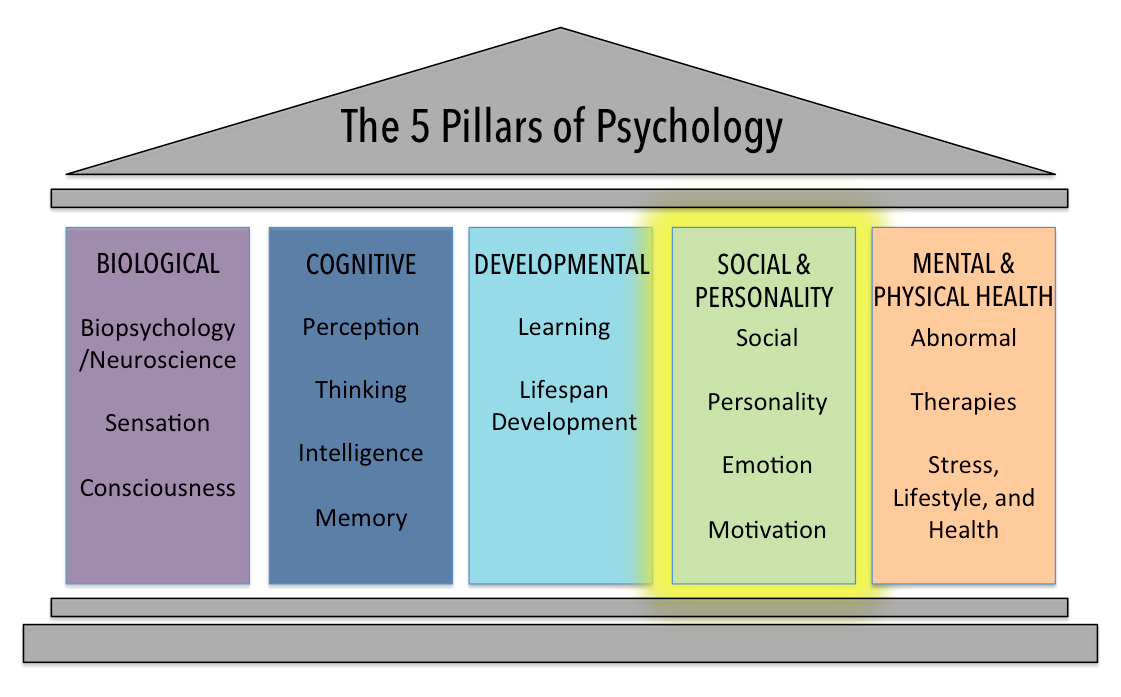 Secondly, it is much more difficult to correct existing reading problems than to prevent them. Third, it appears possible to increase children's chances of acquiring literacy skills through high-quality, intensive, systemic pre-literacy programs implemented in pre-schools and kindergartens before children develop reading problems. nine0005
Secondly, it is much more difficult to correct existing reading problems than to prevent them. Third, it appears possible to increase children's chances of acquiring literacy skills through high-quality, intensive, systemic pre-literacy programs implemented in pre-schools and kindergartens before children develop reading problems. nine0005
Integrating policy, practice and research
Significant gaps remain in integrating policy, practice and research, and in producing research that can be safely applied to existing programs. Tomblin emphasizes the need for further research into the mechanisms that cause literacy problems in children with language difficulties. Research into these mechanisms is one of the most developed and well-funded areas of research in the United States, and has unequivocally shown the importance of spoken language, phonological processing, and capitalization commonly associated with a child's ability to read. What is needed now is a closer look at ways to stimulate the linkage between policymaking, practice and research to ensure that current efforts to improve literacy rates in young children, especially those who start these programs with low levels of language and literacy, are effective. The Seneschal puts forward several evidence-based proposals to encourage the development of literacy skills in young children, such as word games and book reading. Further scrutiny should be given to the extent to which these activities are effective for children with poor language proficiency, have a longitudinal positive effect, and can be incorporated into existing interventions. nine0005
The Seneschal puts forward several evidence-based proposals to encourage the development of literacy skills in young children, such as word games and book reading. Further scrutiny should be given to the extent to which these activities are effective for children with poor language proficiency, have a longitudinal positive effect, and can be incorporated into existing interventions. nine0005
Does quality matter?
Policy makers, practitioners and researchers have rarely considered the importance of the quality of interaction between adults and children in relation to literacy, whether it be word games or book reading. Theories of the development of pre-literacy skills in children suggest that the quality of the interaction is of great importance because children's skills progress faster and more easily in the course of such learning interaction, which is characterized by empathetic, responsive and under-involved adults. When implementing systematic, evidence-based remedial interventions aimed at early literacy development, the quality of these interventions by the teacher can vary significantly, and these differences, apparently, are the cause of a significant difference in the level of literacy of children. When we develop policies and services to serve young children to reduce the risk of reading difficulties through remedial programs, we must ensure that children's relationships and interactions with adults are of high quality, providing a context within which knowledge, skills and interests are developed. . nine0005
When we develop policies and services to serve young children to reduce the risk of reading difficulties through remedial programs, we must ensure that children's relationships and interactions with adults are of high quality, providing a context within which knowledge, skills and interests are developed. . nine0005
Literature
- National Assessment of Education Progress. The Nation's Report Card. Available at: http://nces.ed.gov/nationsreportcard/. Accessed February 4, 2005.
- Storch SA, Whitehurst GJ. Oral language and code-related precursors to reading: Evidence from a longitudinal structural model. Developmental Psychology 2002;38(6):934-947.
- Juel C, Griffith PL, Gough PB. Acquisition of literacy: A longitudinal study of children in first and second grade. nine0064 Journal of Educational Psychology 1986;78(4):243-255.
- Gough PB, Tunmer WE. Decoding, reading, and reading disability. RASE: Remedial and Special Education 1986;7(1):6-10.
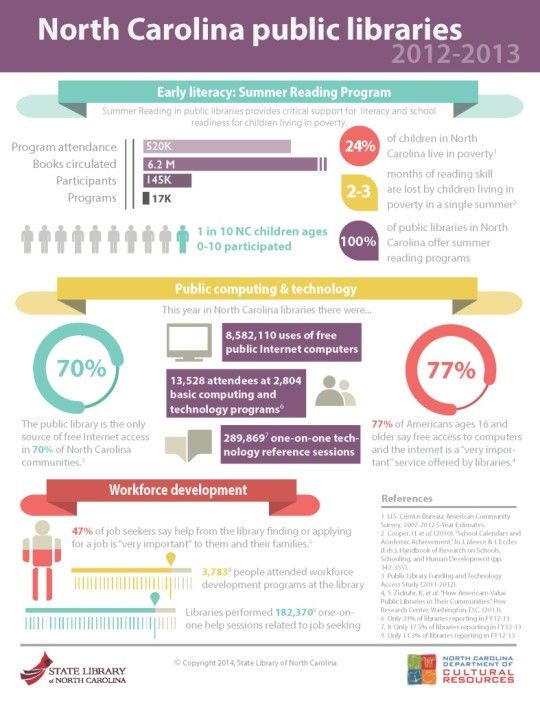
- Justice LM, Chow SM, Capellini C, Flanigan K, Colton S. Emergent literacy intervention for vulnerable preschoolers: Relative effects of two approaches. American Journal of Speech-Language Pathology 2003;12(3):320-332.
Note:
Comments on original research published by Monique Seneschal in 2005. To access this article, please contact us at [email protected].
Fundamentals of the formation of functional literacy of preschoolers
| teacher of the first qualification category MADOU "Kindergarten No. 555", Novosibirsk |
Modern education requires new strategies and approaches. One of the most important tasks of modern education is the formation of functional literacy of a preschooler.
What is functional literacy? Functional literacy is seen as the ability to use all the constantly acquired knowledge, skills and abilities to solve the widest possible range of life tasks in various areas of human activity, communication and social relations.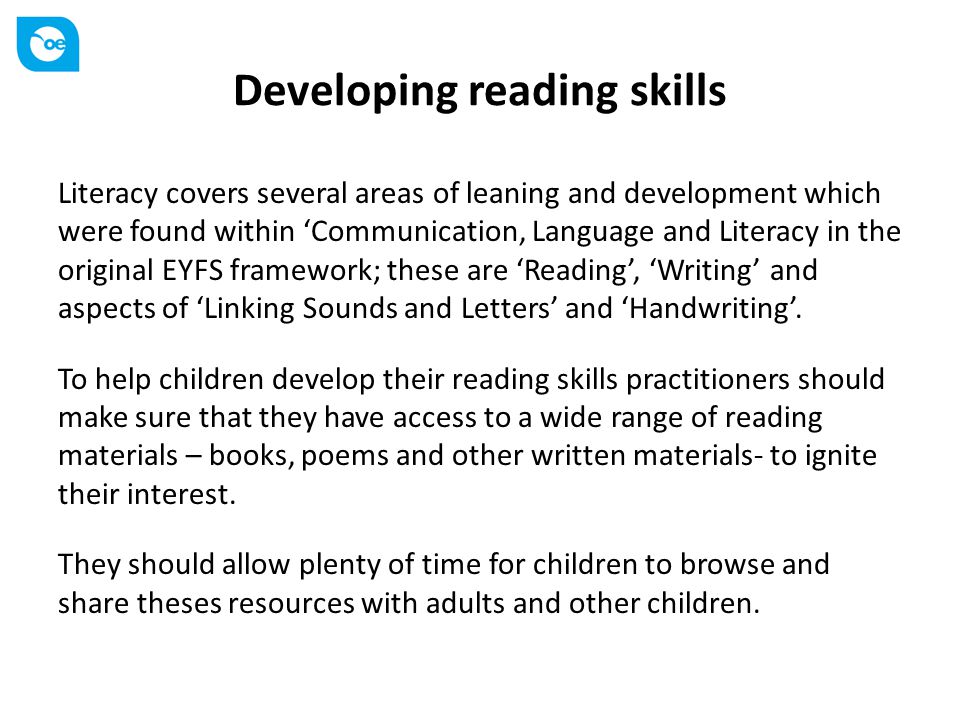 nine0005
nine0005
Functional literacy is one of the most important tasks of preschool education, since preparing children for school requires the formation of the most important competencies already in the preschool period of education. It is necessary to begin to form functional literacy already from preschool age, because it becomes one of the basic factors contributing to the active participation of the child in all types of activities, the need for an active personality of a preschooler, the formation of a high level of communication and social relations. nine0005
Pre-school education is the main basis for the formation of functional literacy in a child in the context of the implementation of the Federal State Educational Standard, which is aimed at:
- the formation of mathematical literacy in children of preschool age;
- formation of speech activity of preschoolers;
- formation of cognitive skills in the field of ecology, natural science ideas;
- the formation of social and communicative literacy.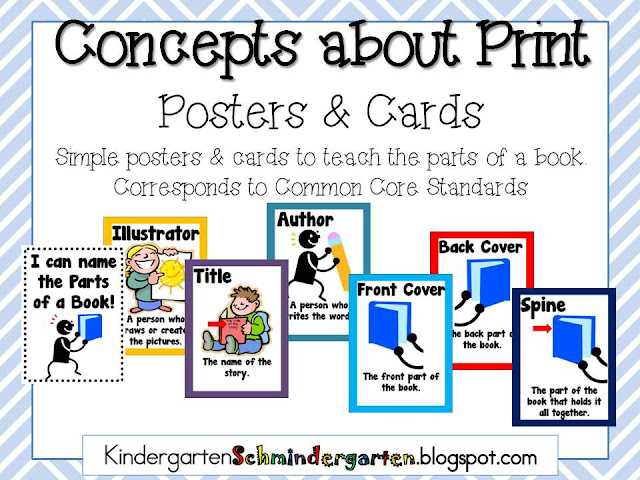
Functional literacy is related to readiness:
- get knowledge;
- apply knowledge and skills;
- evaluate knowledge and skills;
- to carry out self-development.
If we take as a basis for comparison the educational program "Inspiration", according to which our preschool educational institution carries out the educational process, then we will pay attention to the factor that the program itself, upon completion of mastering the program for preschoolers of 6-7 years, provides for the above described criteria. Since it is the Inspiration program, starting from the early preschool age, that allows children to learn on their own in the environment to acquire knowledge, apply the existing skills and knowledge in the game, in everyday life, act as an assistant (moderator), and this is precisely what the child’s self-development is. . nine0005
As an example, we can consider how functional literacy is implemented through project activities in a group of senior preschool age on the topic "Why birds are so different.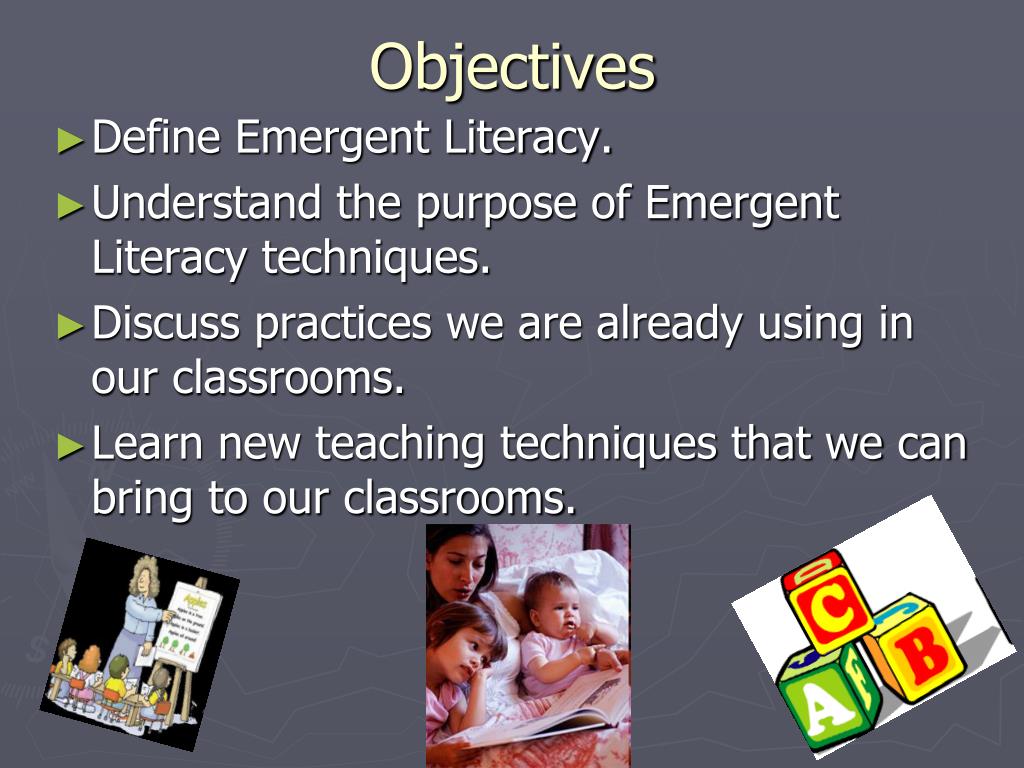 "
"
The Inspiration program allows children, together with the teacher, to choose any question of interest and start exploring it. This happened in our group, during a conversation with children about the time of year, the question “What birds fly to us at the end of winter?” Was raised, and we took this research question as the basis of our project. At the initial stage, we find out what knowledge we have about birds, here the technology of three questions helps us (three questions from planning). nine0005
| What do we know?
| What do we want to know?
| How can this be done?
|
| 1) I want to know how a pelican gets its food? – Zlata 2) How should a parrot be fed? -Lera 3) I want to know how birds eat? - Alice P 4) Why do birds have different eyes? -Kolya D 5) I want to know how a duck flies out of the water? - Artyom 6) I want to know how birds make sounds and sing? - Lisa 7) I want to know how birds can hide from a predator? - Maxim D 8) How do birds stay in the air? - Masha |
|
Based on this technology, we begin to develop a plan for organizing the educational process with children.
Once we have found out that we have certain knowledge on the subject under study, a plan for the educational process has been drawn up, we begin to acquire knowledge based on the environment around us. Children, applying their knowledge and the resources of their environment, receive products of activity and master certain skills and abilities. nine0005
As a result of the acquired knowledge and skills, children learn to share their achievements, evaluate the quality of the work performed.
Using such methods in work, children develop themselves, they themselves look for solutions and answers to their questions, learn to evaluate the results of their work.
Within the framework of the project implementation, children develop literacy:
- mathematical;
- speech;
- cognitive; nine0005
- social and communicative;
These activities help to effectively, qualitatively, interestingly form functional literacy in preschool children, while affecting several educational areas that help the child at the preschool age use the acquired knowledge and skills in the game, everyday life, find non-standard solutions to questions posed.